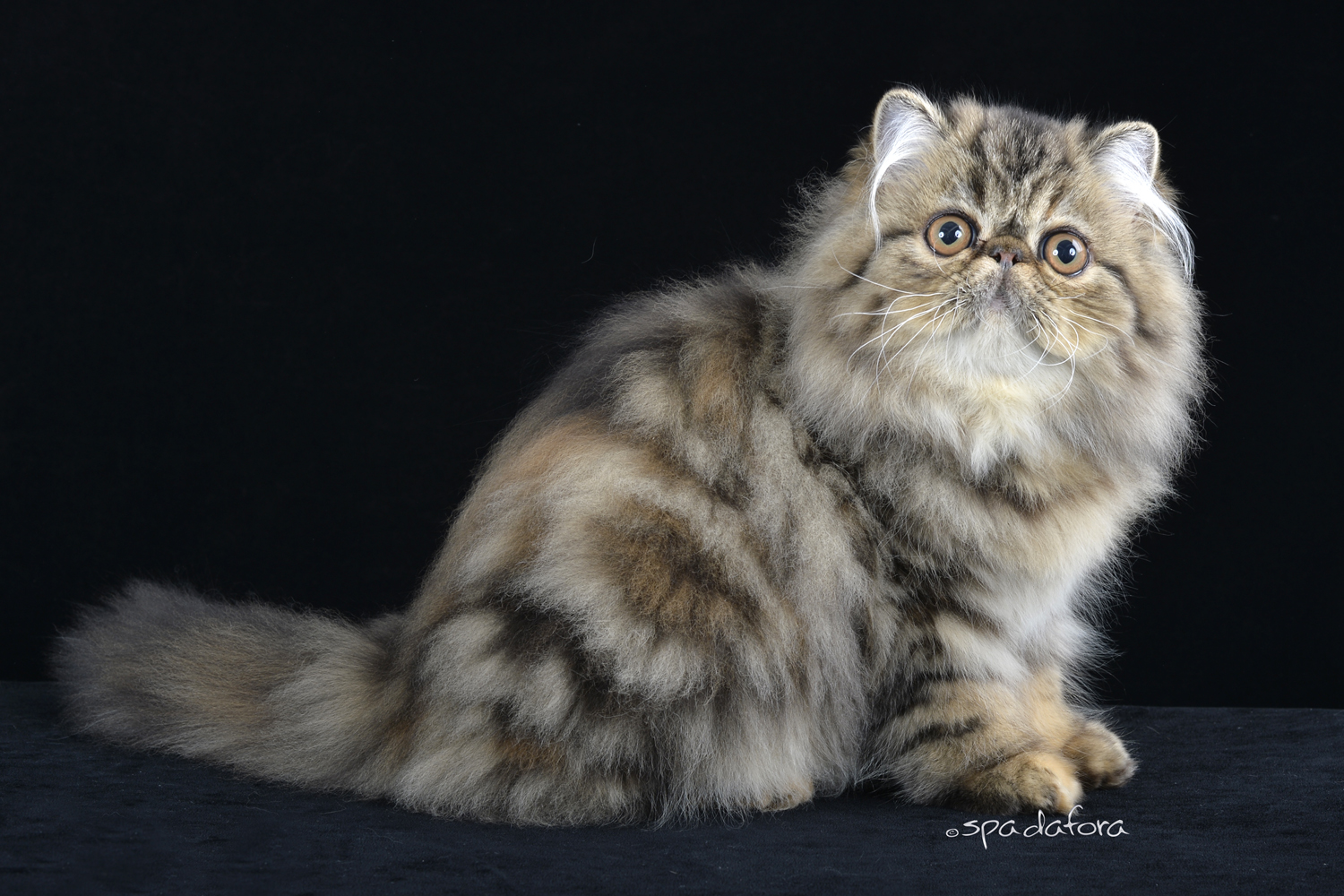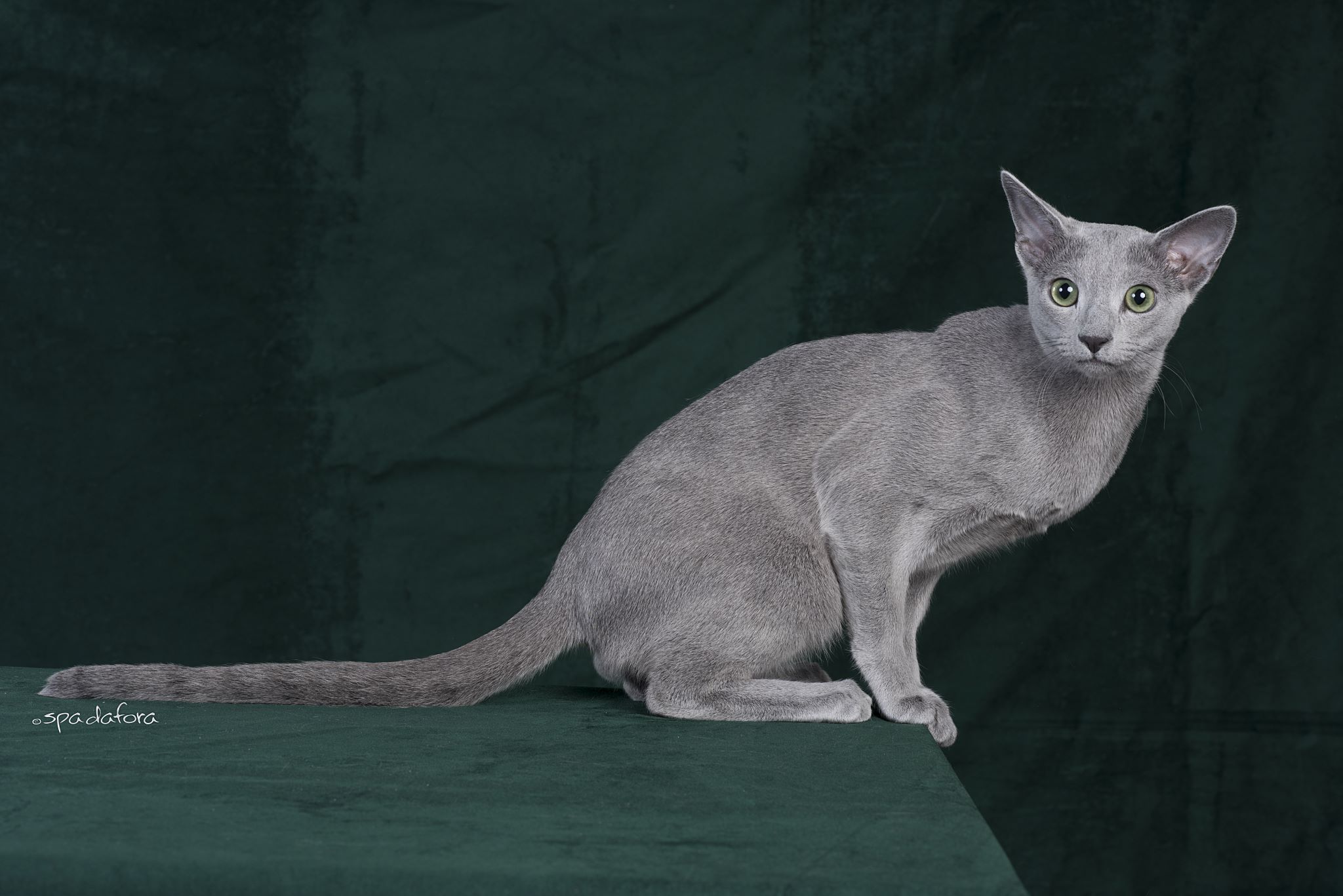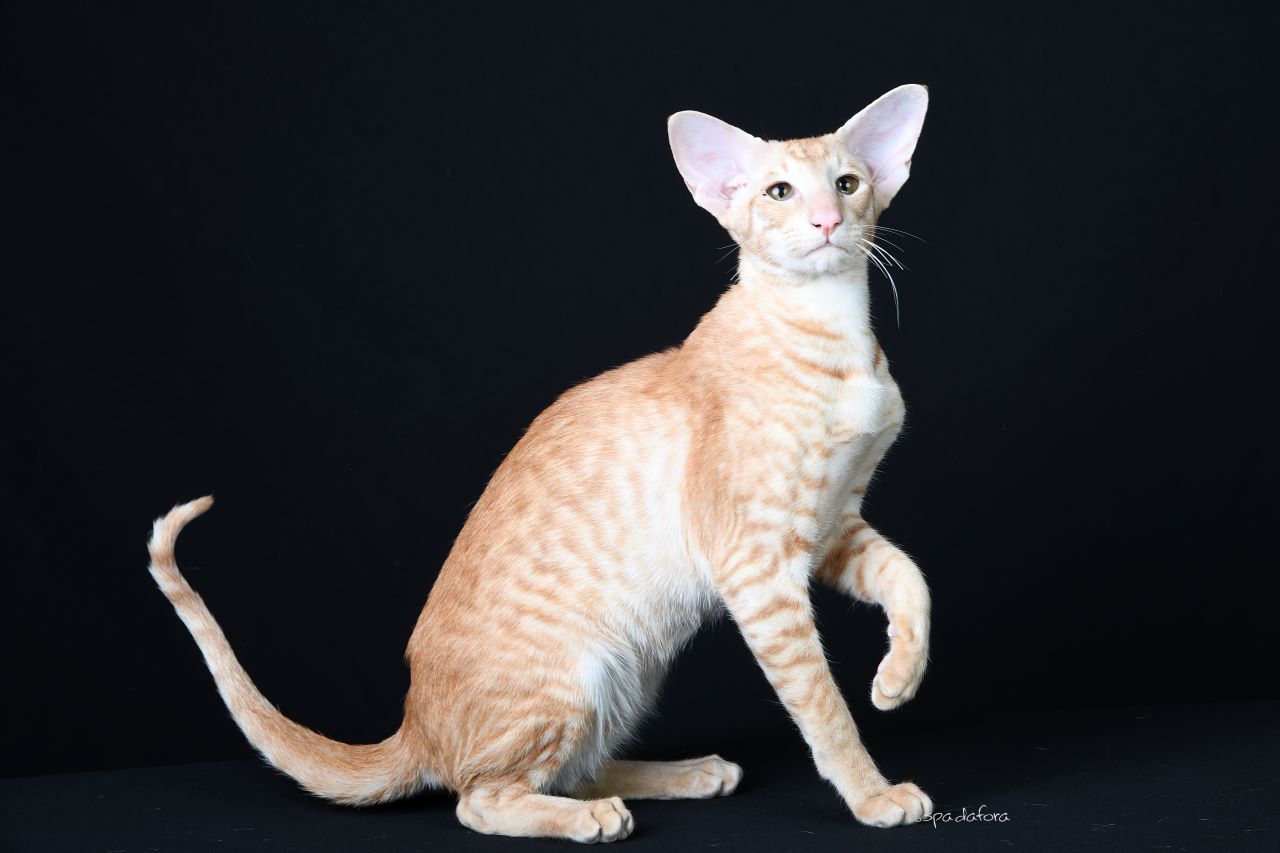Make sure your kitten is free from fleas and worms
Worms and fleas are parasitic diseases that can affect kittens as well as humans, thus it is of great importance to treat your new addition on regular basis, for both. These parasites cause not only discomfort and pain, but can also cause serious illness.

Fleas are parasites that bite the kitten and draw blood, which can lead to severe anaemia in very young kittens. They cause itching and skin. These parasites bite human too and once established in the house, they can be very difficult to eradicate. Kittens who get fleas will usually have tapeworms too as worms are transmitted by fleas.
Make a parasite control program for your pet, depending on his/her lifestyle
Kittens should be dewormed:
- every month until 6 months of age, then
- every 3 months for life.
If fleas or flea dirt are present, treat the kitten for fleas right away. Never use a topical chemical treatment on a neonatal kitten, as this may be toxic to a young kitten. There is no topical flea treatment that is safe for kittens under 8 weeks old. Instead, you will need to provide the kitten with a bath.
Treating Your Kitten’s Fleas:
- Comb your cat with a flea comb dipped in a mixture of soap and water.
- Bathe your kitten with soap and water under 8 weeks of age
Over 8 weeks of age:
- Bathe your kitten in a flea shampoo.
- Treat your cat with a flea spray.
- Use flea preventative medication year-round.
There is a wide range of flea and worm products available which your veterinary can advice you on.
Neutering
 It is recommended to neuter kittens from 6 months of age, as they may start coming into heat. Neutering helps to prevent serious diseases.
It is recommended to neuter kittens from 6 months of age, as they may start coming into heat. Neutering helps to prevent serious diseases.
In males, neutering decreases the chances of developing prostatic disease and hernias, and eliminates the chances of developing testicular cancer. It also reduces problems with territorial and sexual aggression, inappropriate urination (spraying) and other undesirable male behaviours.
In females, spaying decreases the incidence of breast cancer (the rate goes down to almost zero if the spaying is done before the first heat cycle!). It eliminates the chance of developing a serious and potentially fatal infection of the uterus experienced by many mature unspayed animals (pyometra). Spay surgery also eliminates the heat cycle and associated mood swings and undesirable behaviours, and the attraction of all available males to your yard.
Also they stay home and have less chance of being involved in traumatic accidents such as being hit by a car. They also have a much lower incidence of contracting contagious diseases, Feline Aids and get into fewer fights.
Neutering requires anaesthesia but the risk associated with the procedure is minimal. Neutering tends to lower the metabolic rate, thus making it easier for your pet to put on weight, which can be addressed to by changing their diet if needed.






